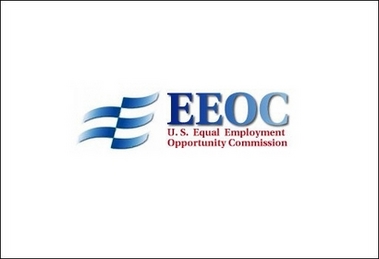Wed Mar 14, 6:30 PM ET
WASHINGTON (AFP) - A record number of men reported being sexually harassed in the workplace last year, according to the US Equal Employment Opportunity Commission (EEOC).
Newly released data from the EEOC showed that 15.4 percent of the 12,025 charges of sexual harassment in fiscal year 2006 were filed by men, as opposed to 11.6 percent a decade ago.
Although the data released does not indicate whether the harassers were male, typically that is the case, experts say.
"There are positive changes taking place in the workplace that are allowing and encouraging men to report these claims," said Danny Baker, of the Washington-based Gender Public Advocacy Coalition. "This is also related to an increasing dialogue about what we call male-on-male sexual harassment."
He added that contrary to expectation, the people filing the claims as well as the harassers are usually heterosexual males.
"It's mostly about gender stereotypes ..., about policing codes of gender in the workplace," Baker said.
An employee, for example, could be harassed by a male co-worker and called effeminate or a sissy, not because of that person's sexual orientation but in reference to established codes of masculinity, Baker said.
Sexual harassment occurs when one is subjected to "unwelcome sexual advances, requests for sexual favors, and other verbal or physical conduct of a sexual nature," according to the EEOC.
Baker and other experts warned that the fact that more complaints are being filed by men may mean that victims are more willing to report discrimination, rather than an increase in actual instances of sexual harassment.
The EEOC also reported that 75,768 discrimination charges against private sector employers were filed last year, the first increase since 2002. The majority of those charges were based on race (27,238) and retaliation (22,555).
Other charges were based on age (16,548), disability (15,575), national origin (8,327) and religion (2,541). Individuals may base their charges on multiple types of discrimination.
"These figures tell us that discrimination remains a persistent problem in the 21st century workplace," EEOC chair Naomi Earp said in a statement. "The Commission continues to work closely with our stakeholders to implement new strategies to stop discrimination before it starts.
"We are striking a vital balance between outreach and education on one hand, and enforcement and litigation on the other."
